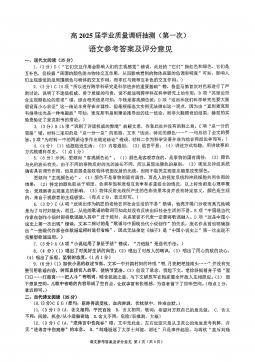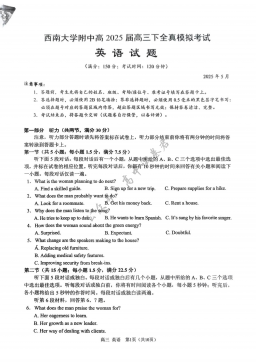
Indeed those were quiet years, an interval of recovery before Argaven, the first Gethenian who ever left
our planet, brought us at last fully into the Ekumen; before we, not they, became the Aliens; before we
came of age. When I was a child we lived the way people had lived in Rer forever. It is that way, that
timeless world, that world around the corner, I have been thinking about, and trying to describe for
people who never knew it. Yet as I write I see how also nothing changes, that it is truly the Year One
always, for each child that comes of age, each lover who falls in love.
There were a couple of thousand people in the Ereb Hearths, and a hundred and forty of them lived in
my Hearth, Ereb Tage. My name is Sov Thade Tage em Ereb, after the old way of naming we still use in
Rer. The first thing I remember is a huge dark place full of shouting and shadows, and I am falling upward
through a golden light into the darkness. In thrilling terror, I scream. I am caught in my fall, held, held
close; I weep; a voice so close to me that it seems to speak through my body says softly, "Sov, Sov,
Sov." And then I am given something wonderful to eat, something so sweet, so delicate that never again
will I eat anything quite so good....
I imagine that some of my wild elder hearthsibs had been throwing me about, and that my mother
comforted me with a bit of festival cake. Later on when I was a wild elder sib we used to play catch with
babies for balls; they always screamed, with terror or with delight, or both. It's the nearest to flying
anyone of my generation knew. We had dozens of different words for the way snow falls, floats,
descends, glides; blows, for the way clouds move, the way ice floats, the way boats sail; but not that
word. Not yet. And so I don't remember "flying." I remember falling upward through the golden light.
Family houses in Rer are built around a big central hall. Each story has an inner balcony clear round that
space, and we call the whole story, rooms and all, a balcony. My family occupied the whole second
balcony of Ereb Tage. There were a lot of us. My grandmother had borne four children, and all of them
had children, so I had a bunch of cousins as well as a younger and an older wombsib. "The Thades
always kemmer as women and always get pregnant," I heard neighbors say, variously envious,
disapproving, admiring. "And they never keep kemmer," somebody would add. The former was an
exaggeration, but the latter was true. Not one of us kids had a father. I didn't know for years who my
getter was, and never gave it a thought. Clannish, the Thades preferred not to bring outsiders, even other
members of our own Hearth, into the family. If young people fell in love and started talking about keeping
kemmer or making vows, Grandmother and the mothers were ruthless. "Vowing kemmer, what do you
think you are, some kind of noble? some kind of fancy person? The kemmerhouse was good enough for
me and it's good enough for you," the mothers said to their lovelorn children, and sent them away, clear
off to the old Ereb Domain in the country, to hoe braties till they got over being in love.
So as a child I was a member of a flock, a school; a swarm, in and out of our warren of rooms, tearing
up and down the staircases, working together and learning together and looking after the babies—in our
own fashion—and terrorizing quieter hearthmates by our numbers and our noise. As far as I know we
did no real harm. Our escapades were well within the rules and limits of the sedate, ancient Hearth, which
we felt not as constraints but as protection, the walls that kept us safe. The only time we got punished
was when my cousin Sether decided it would be exciting if we tied a long rope we'd found to the
second-floor balcony railing, tied a big knot in the rope, held onto the knot, and jumped. "I'll go first,"
Sether said. Another misguided attempt at flight. The railing and Sether's broken leg were mended, and
the rest of us had to clean the privies, all the privies of the Hearth, for a month. I think the rest of the
Hearth had decided it was time the young Thades observed some discipline.
Although I really don't know what I was like as a child, I think that if I'd had any choice I might have
been less noisy than my playmates, though just as unruly. I used to love to listen to the radio, and while
the rest of them were racketing around the balconies or the centerhall in winter, or out in the streets and
gardens in summer, I would crouch for hours in my mother's room behind the bed, playing her old
Generated by ABC Amber LIT Converter, http://www.processtext.com/abclit.html

 2024-12-06 5
2024-12-06 5
 2024-12-06 12
2024-12-06 12
 2024-12-06 30
2024-12-06 30
 2024-12-06 27
2024-12-06 27
 2024-12-06 33
2024-12-06 33
 2024-12-06 14
2024-12-06 14
 2024-12-06 38
2024-12-06 38
 2024-12-06 18
2024-12-06 18
 2024-12-06 50
2024-12-06 50
 2024-12-06 31
2024-12-06 31








 渝公网安备50010702506394
渝公网安备50010702506394
